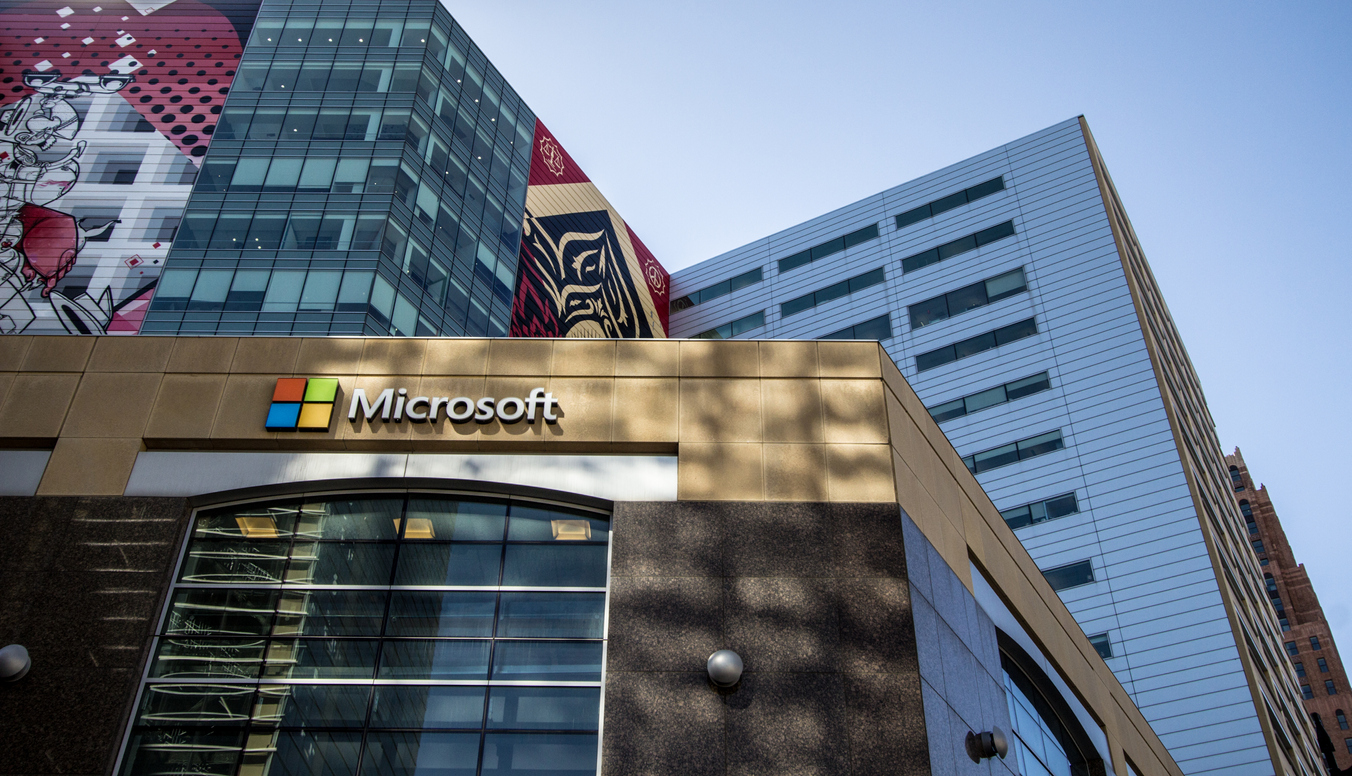Microsoft Fixes Windows 11 AMD CPU Performance Issues with New Update

"*" indicates required fields

The main purpose of Windows updates has been to enhance security and fix bugs. However, Advanced Micro Devices (AMD) users recently pointed out performance variations when running certain applications on Windows 11 Build 22000.194, such as increases in measured and function L3 cache latency and threads not scheduling on a processor’s fastest core, which is required for sensitive applications.
The good news for users with Windows 11 AMD CPU performance issues is that Microsoft has finally rolled out a solution in a new update – the Windows 11 Build 22000.282. Let’s find out how this new update fixes the issue in not one but several AMD Ryzen processors in the market.
When Microsoft learned about the L3 cache latency and preferential core scheduling issues following the launch of AMD’s processors, the company launched an update that made the performance issues worse – reducing it by up to 15 percent in certain applications and games. Following the feedback and further diagnosis, Microsoft finally released a new patch that can optimize CPU-reliant tasks and released a new driver to address the latency and core issues. Now, applications and games on Ryzen processors can utilize the CPU’s maximum power when needed.
AMD confirmed that the update and their chipset driver 3.10.08.506 fully resolve the Windows 11 AMD CPU performance issues. However, the company recommends checking out additional information to confirm the fix with Zen 3, Zen+, and Zen 2 architectures:
Moreover, the new updates are being released for Windows Insiders on the Beta and Release Preview channels. AMD users with Windows 10 can face this issue as their PC needs to have the TPM 2.0 security module enabled to run Windows 11 and fix the performance issues.
Systems that do not support this security module are ineligible for Windows 11, and unfortunately, there are hundreds of them in the market currently.
Microsoft’s latest update for Windows 11 comes with several other improvements and fixes with the complete list available on the company’s website. However, to give users an idea of the changes, here are some of the performance issues Microsoft has resolved:
Microsoft and AMD have released solutions to fix Windows 11 AMD CPU performance issues present in the older versions of the operating system. So, if you don’t have the new update automatically installed on your system, do it manually by clicking on optional update when it appears in Windows Update for Windows 11 Pro or Home users. As for the chipset driver, you can download it from AMD’s website or other trusted sources.
For more information related to technology and trending business practices, visit Percento Technologies today. We specialize in working with small and medium enterprises to help develop IT and web solutions that can support different business initiatives.